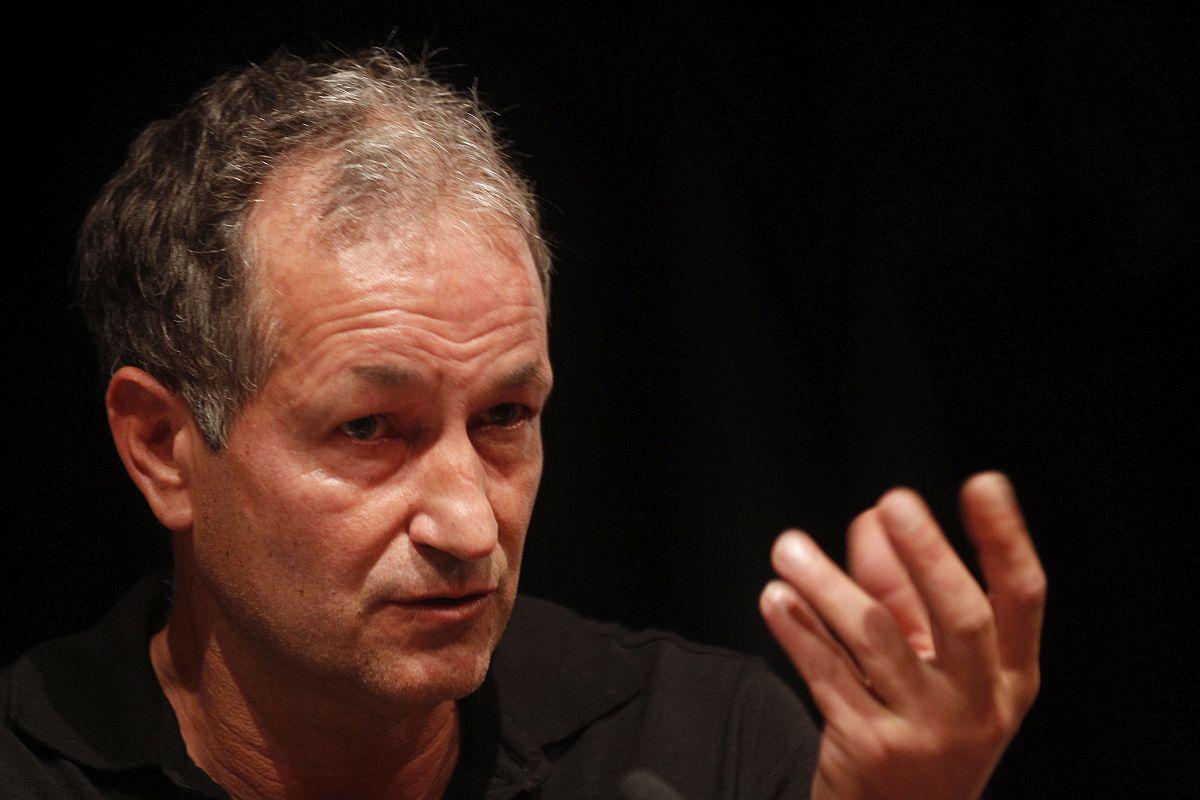
Aleš Debeljak studied comparative literature at the Ljubljana Faculty of Arts. He graduated in 1985. He received his Ph.D. in Social Thought from the Maxwell School of Citizenship and Public Affairs at Syracuse University, New York. He was employed by the Ljubljana Faculty of Social Sciences. In 1999 he became an associate professor at the faculty. Between 1985 and 1988 he was also the chief-editor of the Problemov magazine.
On the website of the University of Ljubljana Faculty of Social Sciences it writes that the historical avant-garde, modernism and the 20th century institution of art represented Debeljak's field of research. He was also interested in the fields of sociology of religion and culture and was dedicated to to studying religious fundamentalism, national identities and ethnic conflicts. He also researched the role of intellectuals and literary imagination with a special focus on southeast and central Europe.
Academic and artistic creation
With his essayistic work Aleš Debeljak was one of the founders of postmodernism in Slovenia (Postmodern Sphinx, 1989). He also dedicated himself to writing articles and columns, he researched Slovenian literature and was a literary critic (Figure of Melancholy; An Essay on Literature, 1988).
What characterizes his poetry are dialogues with modernist tradition and existentialist thought, which echo the war events in former Yugoslavia and the consequent feelings of anxiety in the intimate world and family of a human. In his Nedokončane hvalnice (Unfinished Hymns), from the year 2000, his poetry thematically expands to eroticism. In his collection Pod gladino (Under the surface), from 2004, through rhythmic speech Debeljak reveals a world of fallen monarchies and family memories, a world of disputes and defeats, as well as human obsession with violence and lusciousness.
Debeljak published fourteen volumes of essays and eight books of poems. He translated a selection of poems from John Ashbery, a book on the sociology of science, and put together a number of anthologies. He received a number of international, Yugoslav and Slovenian prizes for his work, including the Readers' Choice Award for best essay of the decade in the World Literature Today magazine. He was also the recipient of the Prešeren Fund award, was named Ambassador of Science of the Republic of Slovenia, and won the Jenko Award for literature twice.

































































